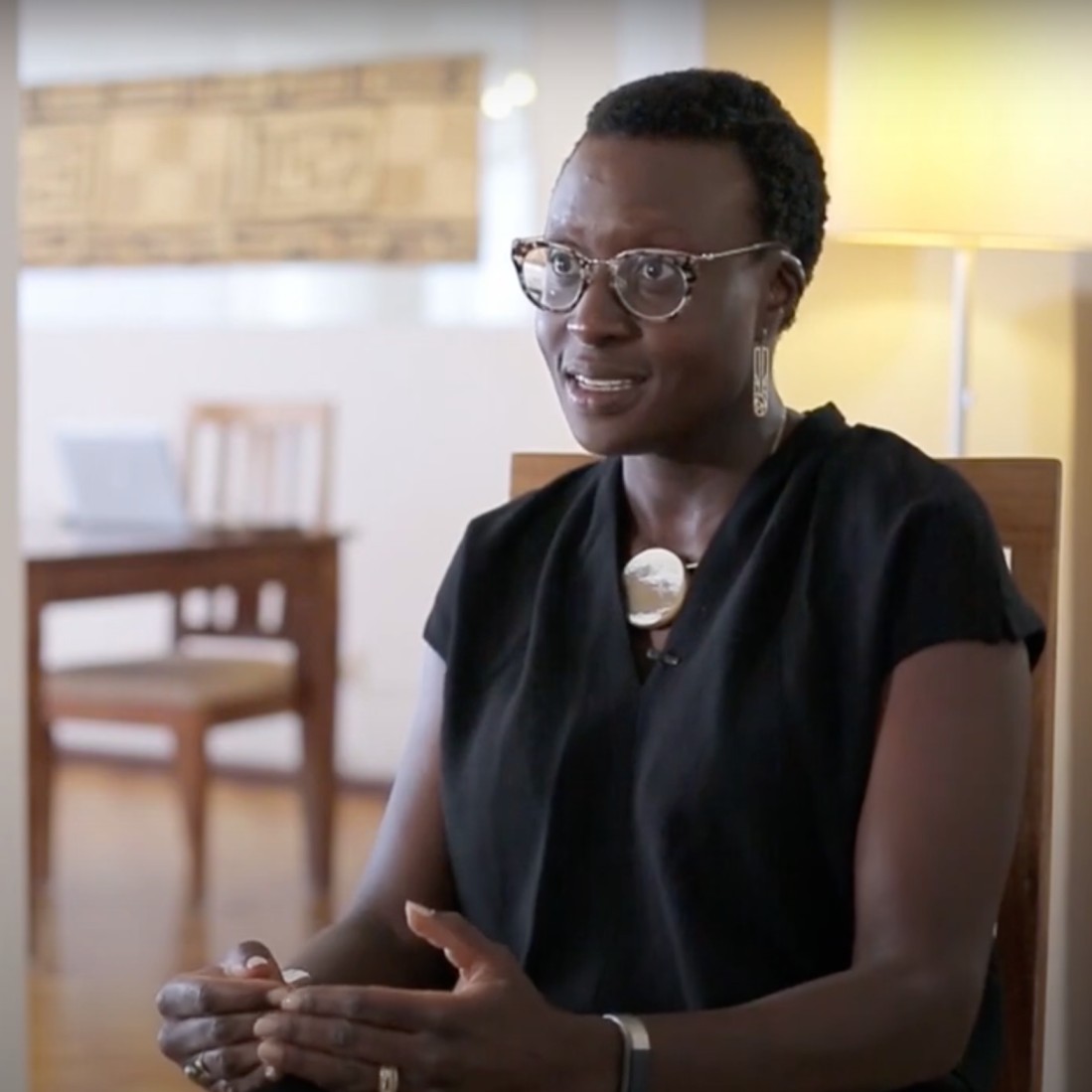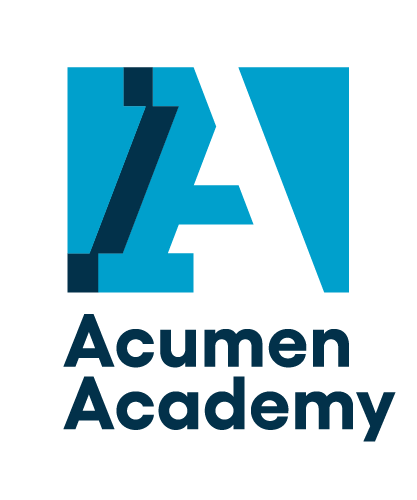Fundraising pitfalls to avoid
Avoid common fundraising mistakes with strategies to engage funders, foster transparency, and build a supportive network for lasting success
Featured speaker

Jo Opot
Former Head of Leadership & Strategic Partnerships, Acumen

Jo Opot
Former Head of Leadership & Strategic Partnerships, Acumen
Transcript
Jo Opot, Former Head of Leadership & Strategic Partnerships, East Africa, Acumen
My first lesson was how not to be so focused on selling my idea that I was not listening to the other person and co-creating.
Feeling the need to come with a fully polished, "This is the answer!" Rather than bringing an idea in early, and showing how we're going to develop it over time.
That was my first lesson, listening more, speaking less.
My second lesson was definitely around how to make sure that I had a clear articulation of how this money will be used and how it will lead to us being more sustainable down the line and making sure that as I got that money, I had a built-in system of accountability where, every quarter or every six months, I was sharing updates on how that was going.
The thing with funders is they're not uncomfortable with bad news. They're uncomfortable with, one, no news. And two, really good optimistic news when you're hiding the bad news.
They'd much rather you say, "This is going wrong, but this is what's going right," because it shows that you're learning from that.
The third one is proper prep. I think that definitely earlier on, the idea of ticking a box that I have booked five meetings in a day, and I'm running from meeting to meeting, felt like I was making progress.
The amount of prep that I need to do will differ but good prep is definitely over 2 hours to make sure I understand every aspect of this venture. If I run from one meeting and run into the next meeting, I have made some glorious mistakes.
Not even realizing I was sitting down next to the CEO of a Fortune [500] company because I had spent my quick little time understanding who a few department heads were and not really understood the whole group.
The last one that's important is, no one is an island. To properly fundraise, you need to both build a team around you of champions, as well as nurture that team.
You fundraise faster if you have people who believe in your idea and are opening doors for you. But often, we don't take the time to really appreciate those relationships and prefer to focus on what seems like direct money.
Key takeaways
Bring an idea in early and show how you will develop it over time
Clearly articulate how the funds will be used for sustainability
Allocate time to understand every aspect of the venture and prepare for meetings
Build and nurture a team of champions who believe in your idea
